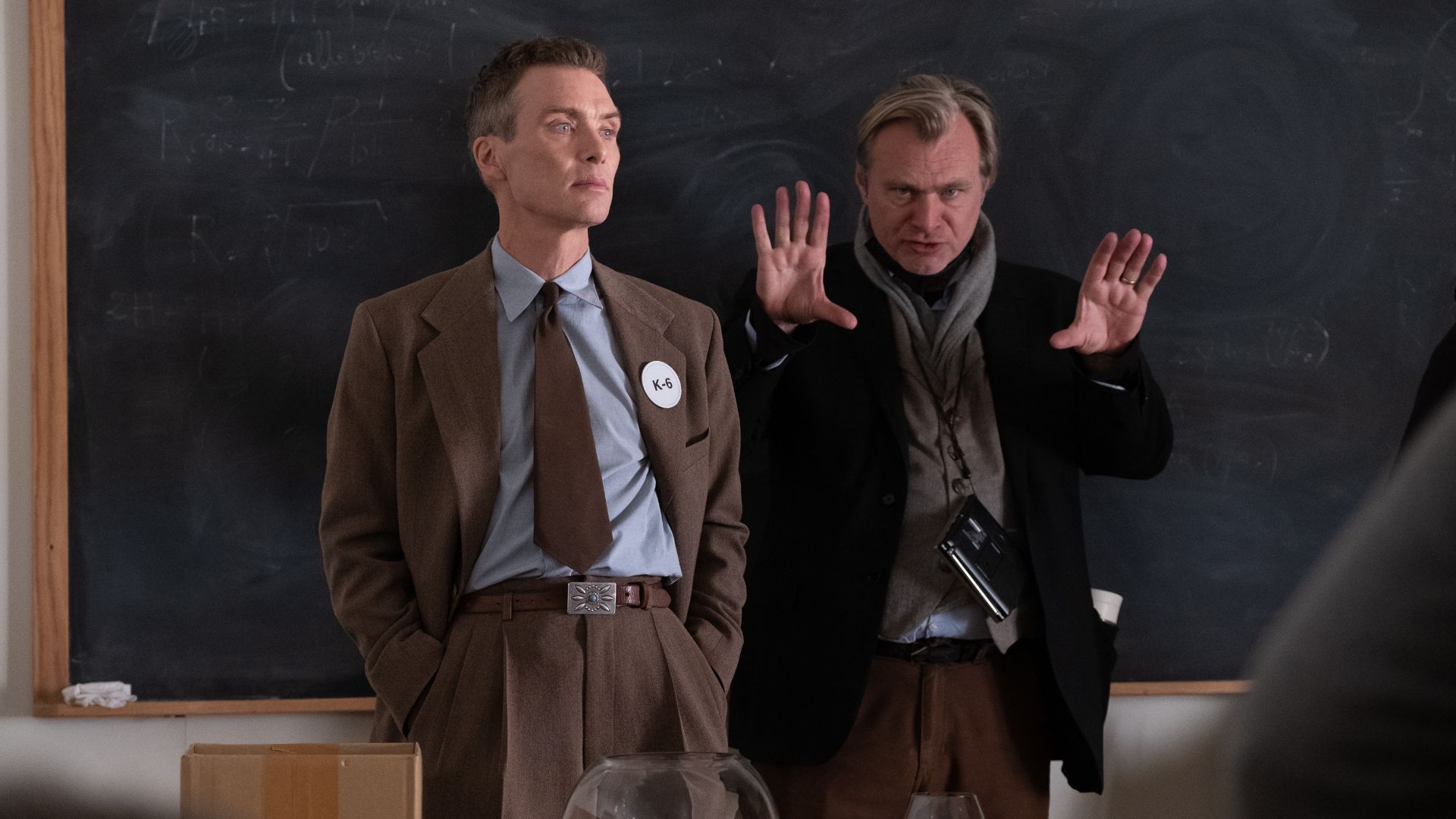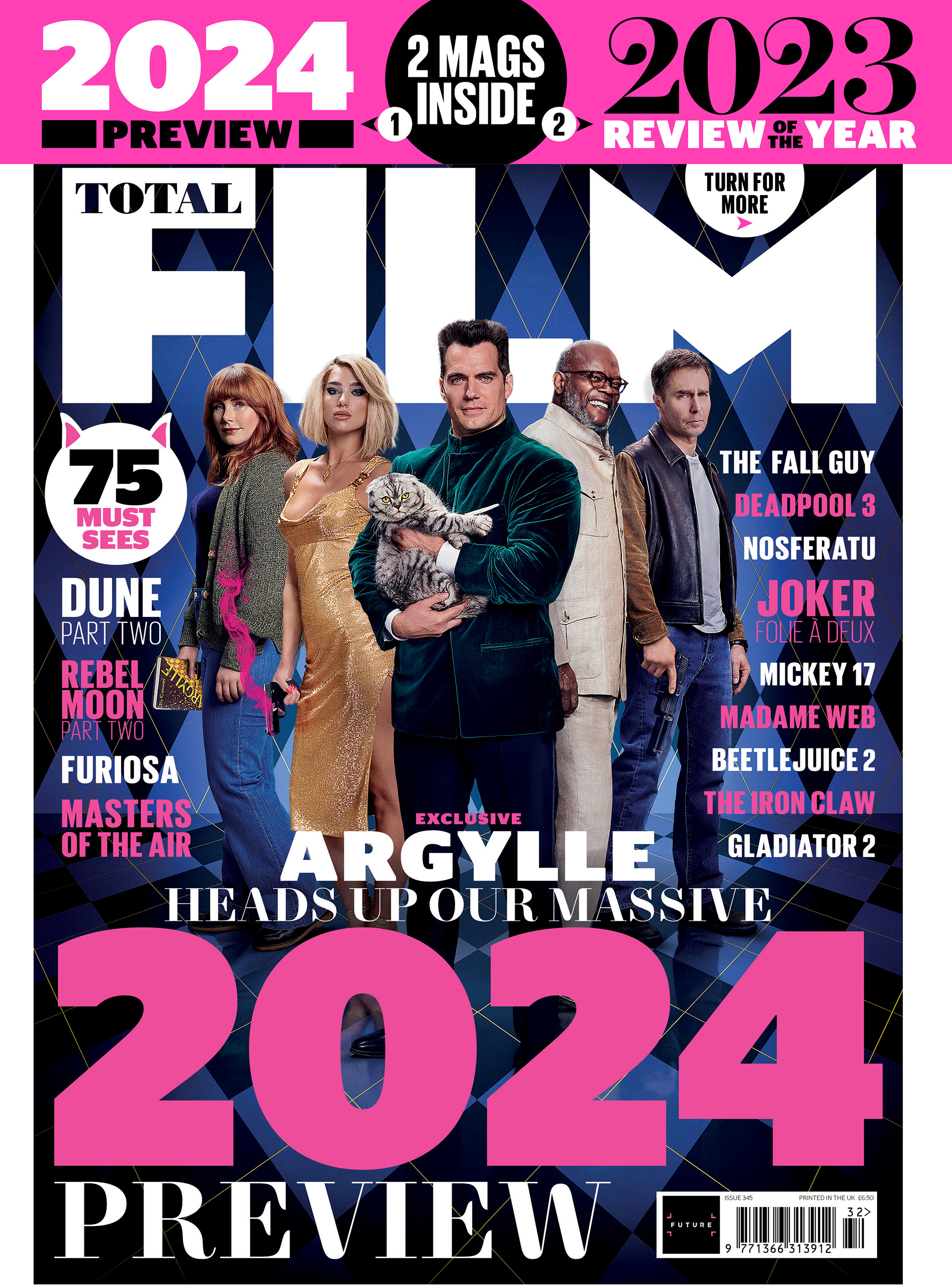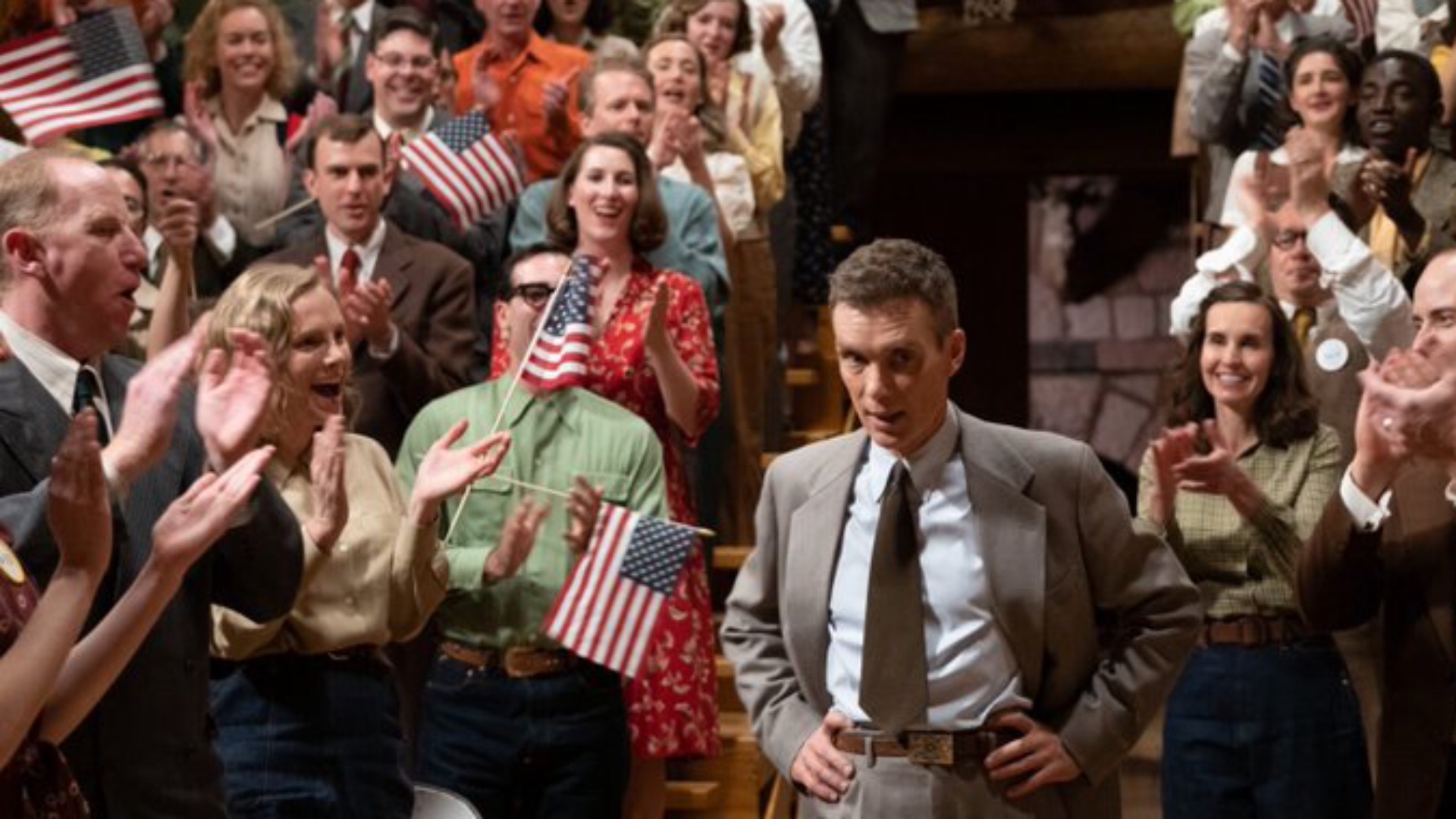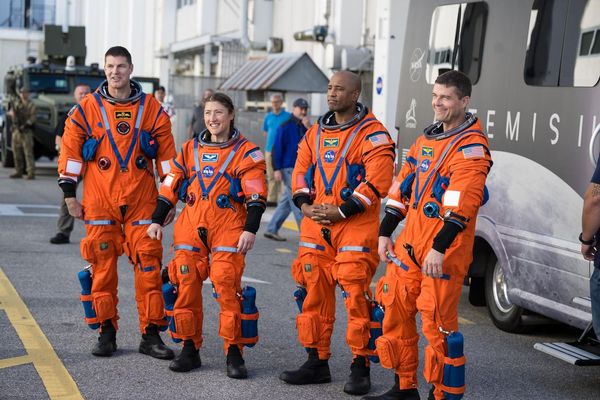
It's official: Oppenheimer is Total Film's Film of the Year for 2023. To celebrate, Total Film magazine sat down with director Christopher Nolan in the wake of the behemoth's home release, which grossed $950 million at the box office to become the third highest-grossing film of the year.
From awards chatter to his "significant" early screenings, Nolan discusses the intricacies of the masterful biopic, as well as Ludwig Göransson’s affecting score - which recently made its way onto the playlist at a rave...
This interview has been edited for length and clarity.
Total Film: Congratulations on Oppenheimer being named Total Film’s film of the year for 2023.
Christopher Nolan: Thank you. That’s amazing.
As we speak, the film has grossed $950m…
We’ve been really amazed by the reaction. You have high hopes for any film, and you have your, I suppose, secret wish for how you might connect with an audience. But the success of this one goes so far beyond any of our pipe dreams. It’s really remarkable. I’m just thrilled.

This feature first appeared in Total Film magazine - Subscribe here to save on the cover price, get exclusive covers, and have it delivered to your door or device every month.
Has that success proved to you something about what you thought film audiences were hungry for?
I’ve done well in my career respecting the audience, and not viewing myself or my collaborators as different from the audience. We’re all part of the moviegoing public, and we want to see interesting stories told in an engaging way. I think that if people try to do movies too much as a science and with too much of a formula, it tends to let the business down. I think you have to just make stories you’re interested in seeing yourself, and trust that, in that way, you can connect with a wider audience.
You could even say that ‘theory will take you only so far’...
[Laughs] You can. These things do defy analysis. If something works at the box office, there’s a whole industry full of people who want to pick apart why, and then try to recreate that. Ultimately, that’s only ever going to be of limited success. I think we all know what we want as filmgoers. We want something that excites us, and engages us, and is something unexpected.
You screened Dunkirk to some World War Two veterans. Did you screen Oppenheimer to anyone who had a connection to the people or events?
There were a couple of very significant early screenings. One was for Kai Bird, who wrote American Prometheus, and has spent so many years thinking about not just Oppenheimer, but Hiroshima, Nagasaki, and all of the issues around it, and the politics of the time and McCarthyism.
I had very positive interactions with Kai while I was making the film. But I really needed to keep him at arm’s length so that I could focus on the job of freely adapting the book that he and Martin Sherwin had written. Martin Sherwin unfortunately died just before we shot the film. So screening it for Kai for the first time when the film was finished – it was a very emotional experience. At the end of the screening, his response was very profound. He was very moved by the film, clearly. And that was a great relief.
We also screened the film for Charles Oppenheimer [Robert’s grandson]. That was also something that I was nervous about [laughs], but he responded very well to the film, and felt that we were respectful to the history. That was very important. I think whenever you’re taking on real-life events, there’s a sense of responsibility that comes with that. But you can’t be paralysed by that. You have to make the best film that you can.

Cillian Murphy delivers an extraordinary performance. Do you hope to see him get some awards recognition for his work?
I know that Cillian, like myself, we just do the work for the work’s sake. But I certainly think that the performance is one of the greatest that I’ve ever seen. It’d be thrilling to see him recognised for that.
To see people respond to his performance, to see young people going dressed as Oppenheimer… He’s connected with the audience in just the way that I hoped he would. It’s a masterful performance. I know that Cillian doesn’t think in terms of awards and things like that, but I certainly hope that he takes as much pride as I do in seeing how well he has communicated and expressed the truth of this character.
The film has this very intricate dual-narrative structure, in terms of the time frames and the black-and-white and colour. How much of that was pinned down in the script, and how far were you working it out with Jennifer Lame in the edit?
I think, as with all of my scripts, I try to work out the structure very carefully on the page so that we go into the edit suite with footage that’s been shot with a sense of purpose towards the structure.
But the complexity of how to achieve the structure that works in one way on the page and then has to be adapted for the screen – that falls to Jen, and she did a masterful job. She really found some excellent ways of embracing the structure, but then also finding the emotional rhythms within that, so that it doesn’t feel too technical.
The film really builds to its final line of dialogue. At what point in the process did you hit on that as your ending?
I’m always looking to try to get the ending figured out as early as I can. I wasn’t too far into the writing of it before I figured out the final form of the ending. The basic concept was something that I had come up with early on.
But related to the previous answer, the editing of that final sequence was one of the things that took the longest. It’s such a delicate balance in those final moments, in between communicating the point of the end, and what it’s all been building to, in the manner of a thriller. And then having the last few images feel integrated into the film, and not like a didactic coda. That took a lot of really fine work on Jen’s part.
And then, of course, Ludwig Göransson’s music was one of the last things we finalised. He just worked at it, and worked at it – and then finally just got it to an extraordinary place. Somebody sent me a video the other day of people at a rave, listening to that [laughs]. At first, I was quite taken aback, but I sort of get it. The film sings out, doesn’t it? There’s a static nihilism that happens at that moment. It’s a really remarkable piece of music.
Oppenheimer is out now on Universal 4K UHD, Blu-ray and DVD.
Pick up a copy of the new issue of Total Film, out now. Total Film has a huge 2024 preview breakdown with exclusive insight into all of the biggest releases arriving in the new year.
That's not all, either. Our '2023 Review of the Year' supplement is also included, which features our round-up of the best films and TV shows of the year. Pre-order the issue here to bag your copy, or click here to subscribe to Total Film and never miss another exclusive.







